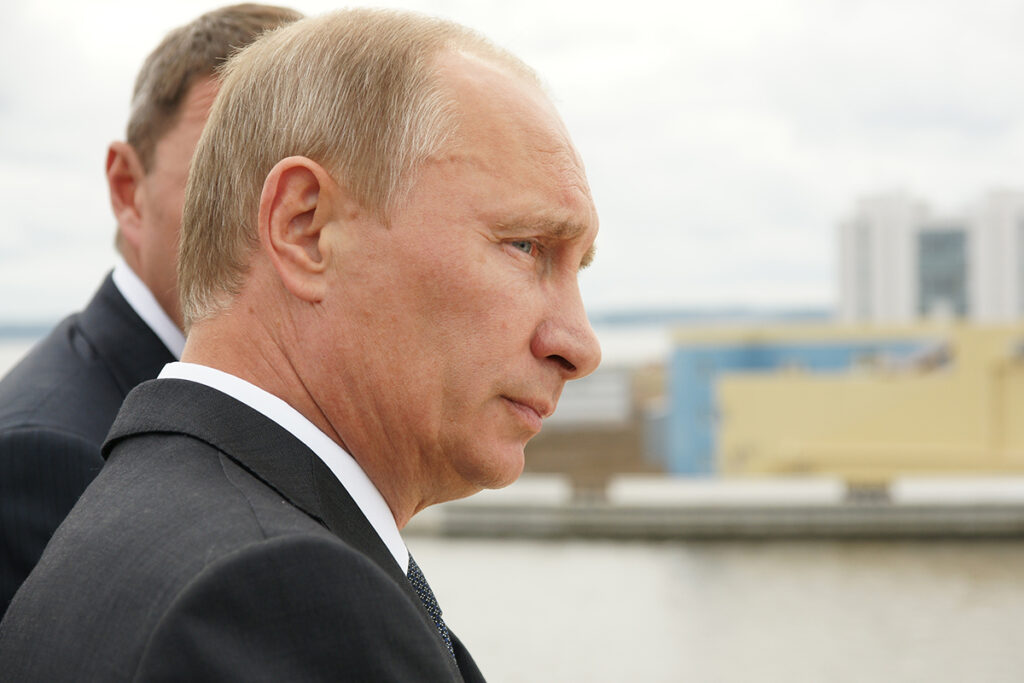In a move that could extend his rule to nearly three decades, Vladimir Putin has declared his candidacy for the Russian presidential election scheduled for March. Putin, who has been at the helm of Russian politics since March 2000, is all but certain to secure another term.
Despite international scrutiny and internal challenges, Putin still commands significant support among the Russian populace, with approximately 80% of the population approving of his performance, according to the independent pollster Levada Center. This support may stem from genuine loyalty or could reflect the fear of criticizing a leader known for his crackdown on opposition.
Putin’s decision to run for president again was made after a Kremlin award ceremony where war veterans and others urged him to seek re-election. The announcement was notably understated, delivered in a video release rather than a live televised speech, emphasizing Putin’s perceived modesty and focus on governing rather than campaigning.
Putin’s tenure has been marked by his ability to amend the Russian constitution to extend his time in office. In 2008, he briefly stepped aside but continued to wield power as prime minister, and since then, presidential terms have been extended to six years from four. Another set of amendments reset the term count, potentially allowing him to stay in power until his mid-80s.
The dip in Putin’s popularity, which saw his approval rating drop to around 60%, likely played a role in his decision to launch a costly war in Ukraine in February 2022. Some analysts believe Putin hoped for a quick victory in Ukraine to consolidate support for his re-election and establish himself as the leader of a new union comprising Belarus, Ukraine, and Russia.
However, the Ukraine conflict has not unfolded as planned, resulting in a protracted and challenging situation. The upcoming presidential election will take place over three days in March 2024, and Putin’s campaign is expected to focus heavily on the war.
Putin’s rule has spanned five U.S. presidencies, making him one of the longest-serving Kremlin leaders since Soviet dictator Josef Stalin. Despite health speculations in the past year, Putin appears to remain in good health and has shown no signs of slowing down.
Critics argue that Putin’s rule has seen Russia become more systemically corrupt and repressive, with strained relations with the West. Some experts believe that as long as Putin or leaders like him are in office, there can be no constructive relationship between Russia and the West.
As Putin seeks another term, Russia’s political future remains uncertain, and the international community will closely watch the upcoming presidential election and its implications for Russia’s domestic and foreign policies.


